Carbs and Protein – What to Eat Before and After a Workout
A question I am often asked is, “what should I eat before and after my workout?” It’s a combination of carbs (or more accurately, carbohydrates) and protein, and it’s very important to eat the correct balance to maximize performance, recovery and muscle building. Before working with me, some of my clients had skipped eating prior to a workout for years, believing that the energy they needed would come from stored fat, and that it would reduce fat. That’s not how it works. Converting fat to energy is hard on the body, takes time, and requires a lot of oxygen. When you exercise, you need oxygen for your muscles and blood to function properly and optimally. You simply can’t take in enough oxygen for optimal performance and fat breakdown at the same time. Something will suffer, and it usually ends up being endurance.
After a workout, many people know protein is important, but how much, why, and exactly when, may not be so clear. But, before I share what to eat and when, let’s explore carbs and proteins and their functions in the human body.
What is a Carb?
We hear about low-carb diets and no-carb diets, empty carbs and healthy carbs. It can be so confusing. So what exactly is a carb? The simple answer is that carbs are ‘sugar.’ That is, simple carbs are sugar. There are also complex carbs, which are composed of a dietary starch and sugar molecules and strung together like beads on a necklace. Fiber is also in the structure of a complex carb, making it more satiating. Complex carbs are typically found in nutritious plant foods such as bananas, broccoli and brown rice, which also contain vitamins and minerals.
Why Do We Need Carbs?
So why are carbs important for a workout? Our bodies need energy to do work, and the way we get that energy is through sugar, the main source being – anyone? Carbs. Our bodies burn sugar (glucose) in 1) cells; 2) the blood; and 3) in the muscle to produce heat, which is used as energy. In order to create heat, cells need to combine sugar with oxygen, whereas the blood does not need oxygen to do so. Our muscles are double duty workers, and can convert sugar to energy with or without oxygen. The chart below explains it a bit more simply.
Carbs Before Workout Formula
Because of the complex ways our body converts sugar to energy, it is best to remember three things to maximize your workout with carbs.
- Eat complex carbs vs. simple carbs before a workout. The stronger structure and components of a complex carb take longer to break down than simple carbs, and as such, will provide more energy over a longer period of time.
- Give your body enough time to realize complex carbs are in your system, which means eat prior to your workout.
- Breathe deep during your workouts to assist your body with energy creation process and to avoid burning out quickly, and the build-up of lactic acid.
In terms of how many grams of carbs, and how long to eat them prior to a workout – I wish one magic formula worked for everyone, but it doesn’t. Generally, eating around 1.5 – 2.0g of complex carbs per pound of body weight, anywhere between 30 minutes – 2 hours prior to your workout is the best range in which to begin experimenting. Some of my clients actually only need 1g of carbs per pound of body weight 30 minutes prior to a workout, whereas others need slightly over 2g up to 1.5 hours before. Even still, a very small percentage of people can’t eat anything at all prior to a workout because it upsets their stomach. Somehow they make it through, but this is not the norm. 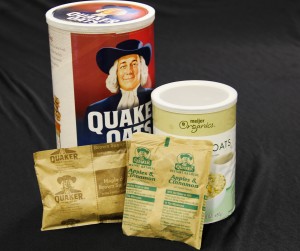
The variant factors of the amount/time equation include how quickly your body metabolizes food; how your stomach reacts to certain foods – especially during a workout; and the best type of complex carbs to which your body responds. I like to tell people to begin with 1.5g per pound of body weight one hour prior to the workout, and see how it goes. I also advise beginning with something easy like oatmeal, which is a great source of complex carbs and typically easy on the stomach.
After a Workout – Protein
The after-workout plan is much simpler. Make sure you eat a good source of protein within one hour after a workout to restore and rebuild muscle tissue. Weight training and lifting stresses the muscle to the point of creating small tears in the fiber tissue. The body repairs these tears by using 1) available protein in the cell muscle; 2) protein we ingest; and 3) ancillary muscle cells (satellite cells) within the muscle tissue that are not yet fully developed.
Since this process begins rapidly after a workout ends, it’s important to quickly supply a protein source that is easily digestible, and powerful enough for the task. In general, I advise my male clients to use anywhere between 1.0 – 1.2g of protein per pound of body weight, and female clients .75g per pound, with the higher end of the scale reserved for those doing intense lifting and body building.
While it’s true that many lean meats and dairy products are a great source of protein, they are not as easily digestible as pure protein. It’s difficult to get the right amount of protein to your muscles within one hour of a workout from dairy and lean meats. For this reason, I advise anyone to use whey or casein protein powders or supplements because they are easy for the body to digest and absorb. These types of protein also taste better than most, and there are many creative and delicious ways to ingest them. Here are a few examples: 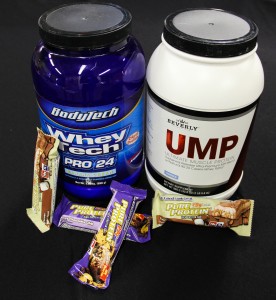
- Protein shake/smoothie
- Protein pudding – made with powder and water
- Protein bars
- Protein pancakes
Here is a link to quite a few creative protein pancake and waffle recipes from Beverly International, which is my preferred protein powder.
I hope you found this article helpful. If you did, please share it with your friends via Facebook or email. If you have any questions, please ask in the comments and I will get back to you.

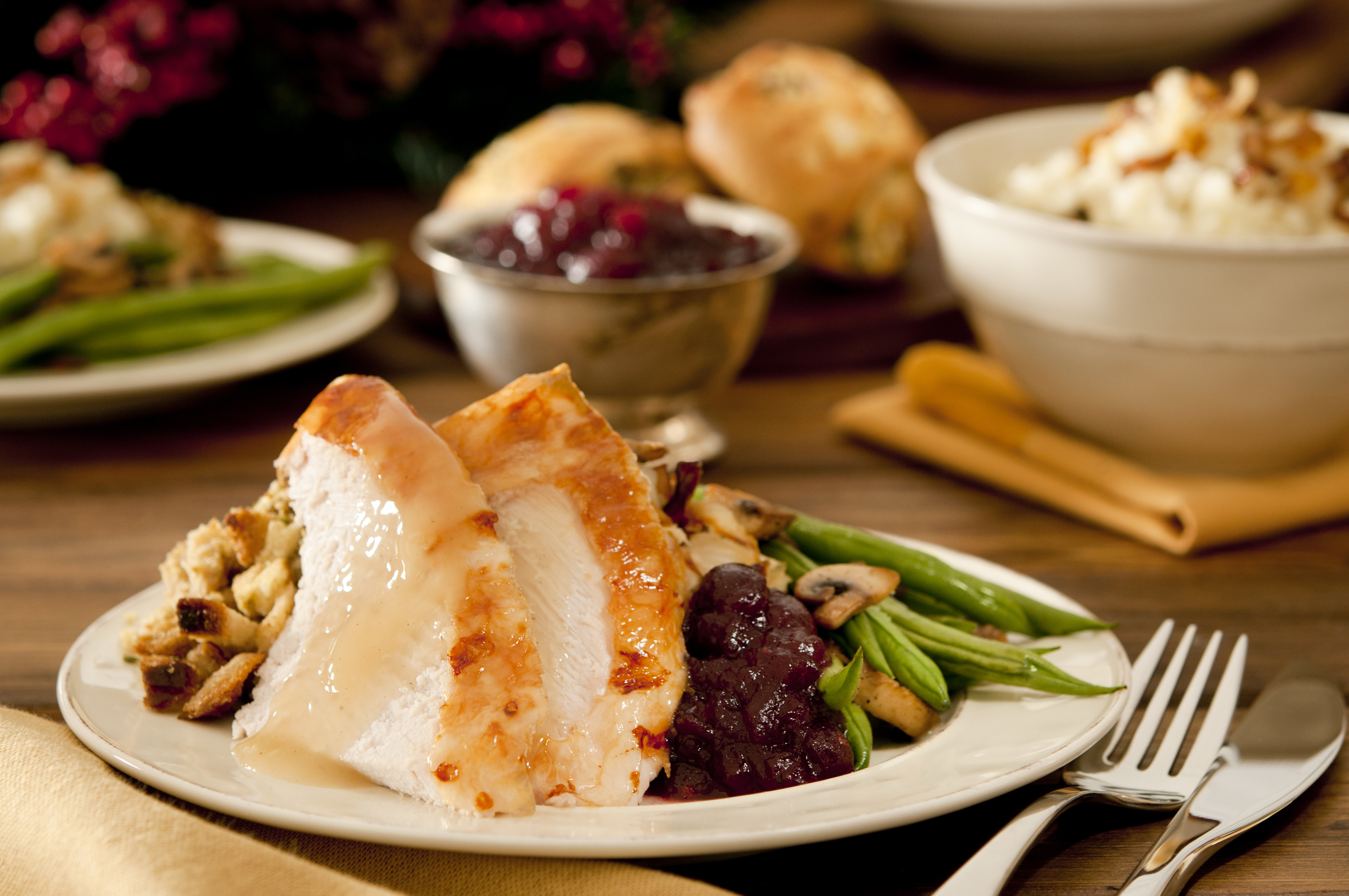
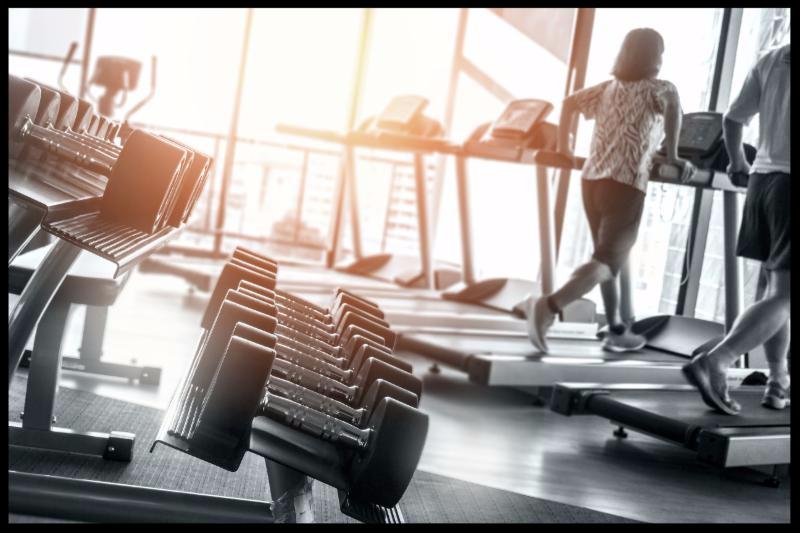
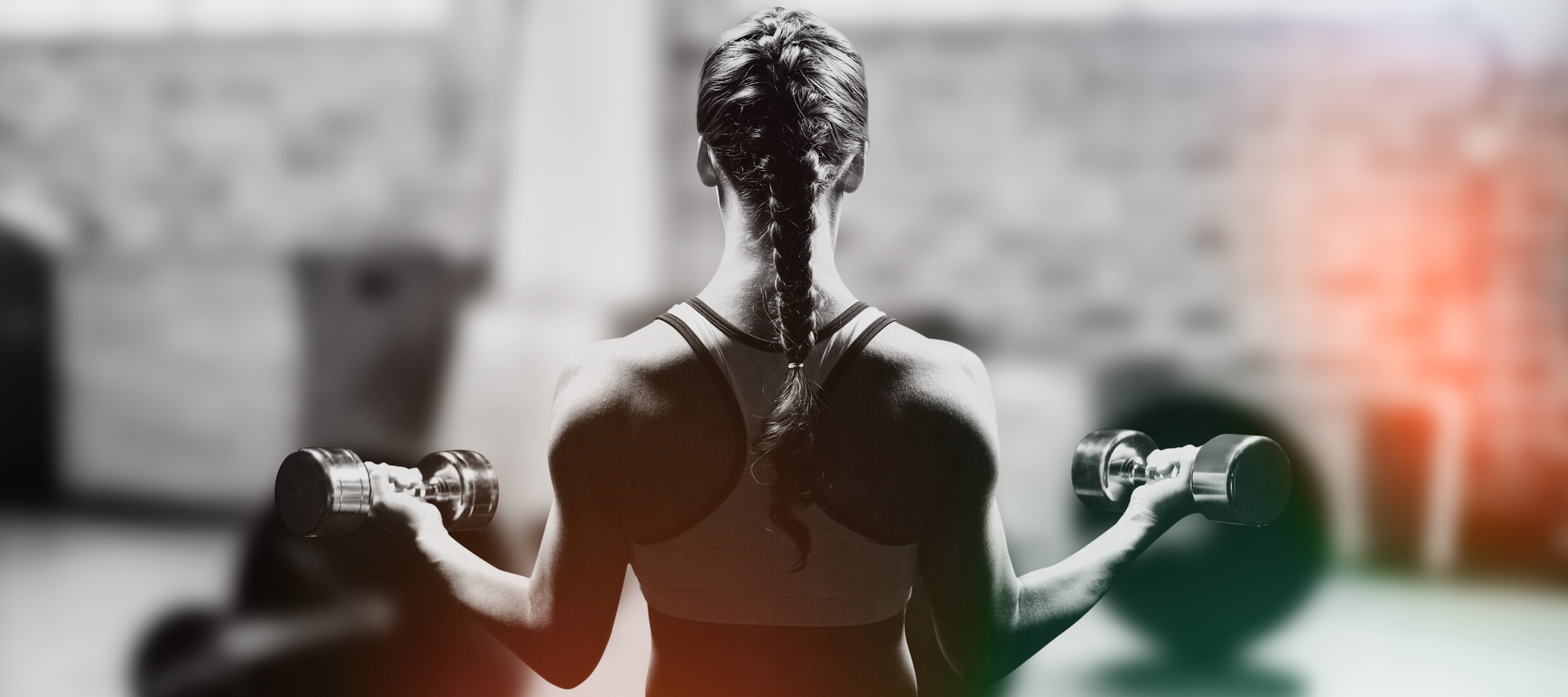
Related Posts